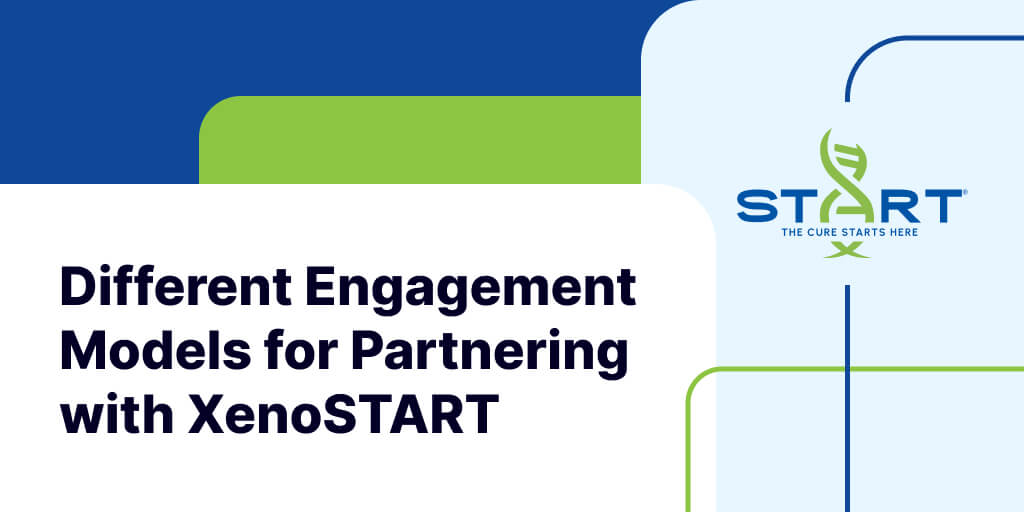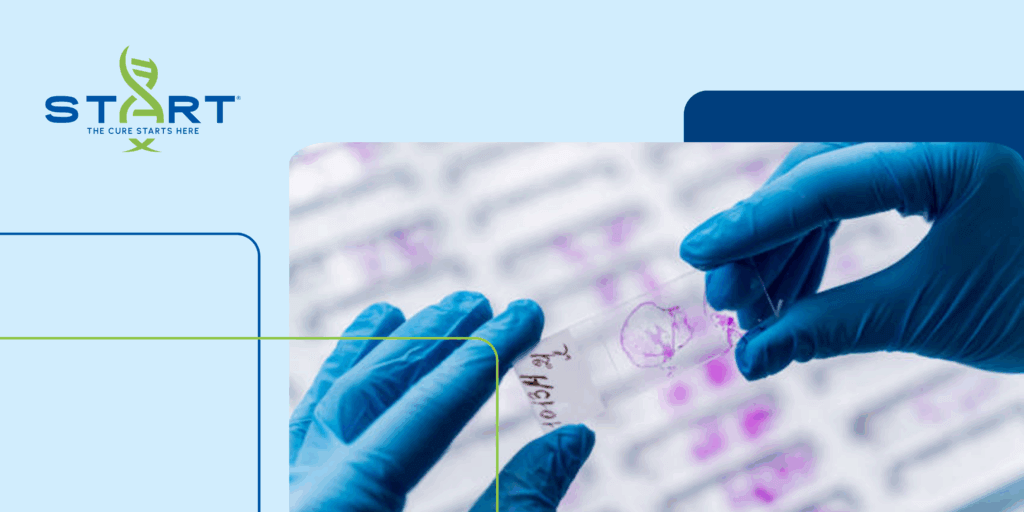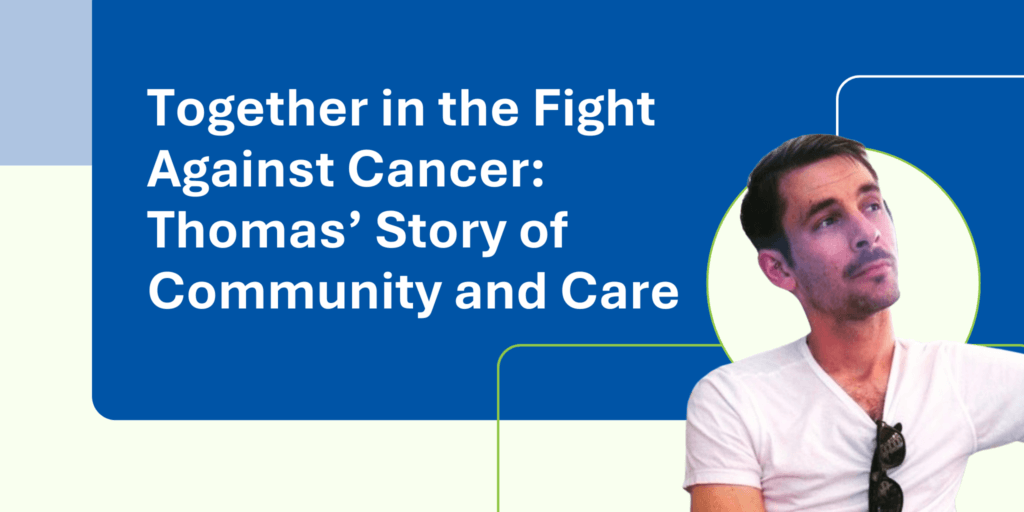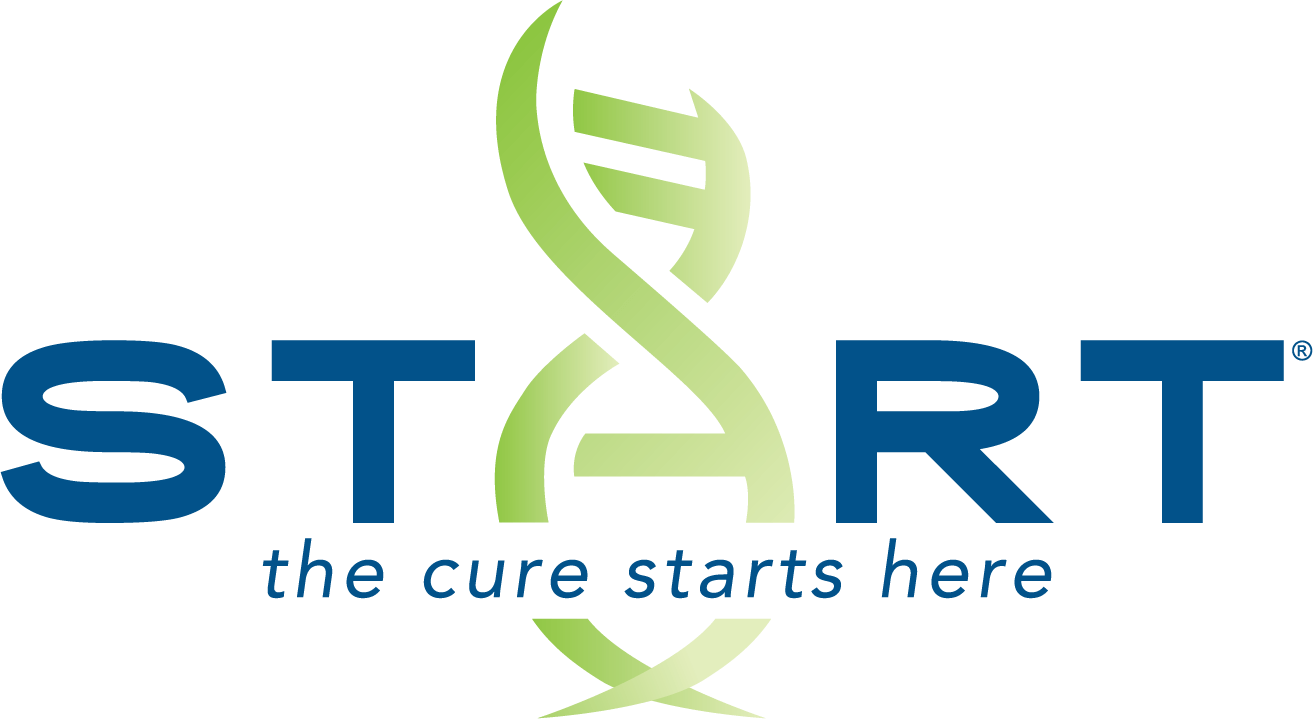Accelerating Targeted Cancer Therapy Trials: Perspectives from START
Key Highlights
- Significant increase in FDA-approved targeted cancer therapies over the past decade.
- Low prevalence of specific mutations and variable toxicities of targeted therapies are important challenges to consider when starting a trial.
- Selecting sites with expertise is crucial to timely completion of trials with accurate reporting.
Targeted therapies have formed an integral part of cancer treatment regimens since their introduction in the 1990s as alternatives to non-specific approaches like chemotherapy and radiation therapy. More recently, greater insights into tumor biology and drug development technology has resulted in a revolution in targeted therapies with drugs being FDA and EMA approved for targets that were previously considered “undruggable.”
More than 40% of new cancer therapies approved by the FDA between 1998 and 2022 are “precision” therapies, the use of which is based on the presence of a tumor specific biomarker. In non-small cell lung cancer for example, there has been a rapid increase in the number of targeted therapies approved by both the EMA and the FDA since 2005.
Importantly, targeted therapies such as PARP inhibitors, third generation EGFRi, NTRKi, KRASi, or the newer class of Antibody-Drug Conjugates (ADCs), have offered significant improvements in survival and quality of life for patients with various malignancies.
However, running clinical trials for targeted therapies can often be challenging. One of the most significant reasons why these trials take longer to complete is that only a small percentage of patients in any tumor type carry the targeted mutation.
“Normally the frequency of patients with the targeted mutation will not be higher than 10% in most tumor types, and in many cases it is much less than that, which can make it challenging to find eligible patients,” says María de Miguel, MD, PhD, MBA, Senior Clinical Investigator, and Associate Director at START Madrid-CIOCC. Dr. de Miguel, a medical oncologist, has significant experience as principal and co-investigator on more than 100 targeted therapy clinical trials since 2019. Because of this, it is extremely important that comprehensive cancer centers provide next generation sequencing studies to all patients in order to maximize treatment options and achieve good enrollment rates in studies.
Currently, START is actively involved in enrolling patients for the TAPISTRY trial that is testing NTRK inhibitors in patients with different NTRK fusion types. “In the case of NTRK inhibitors, the mutations will happen in less than 1% of patients with solid tumors, so you can imagine how many patients you have to screen to identify someone who might be eligible for a trial,” says Dr. de Miguel. “The magical part is if you finally identify those patients, they will have an amazing response to the treatment and the survival might change from a couple of months to many, many years.”
Furthermore, START’s success in running oncology clinical trials has attracted patients from across Spain and even from other countries in Europe, as well as across the United States, Ireland, and Portugal, where START sites are located. “Doctors in our referral network know that if they send a patient to us, we can help them because we get their NGS done and have several ongoing trials for targeted therapies at any point in time. For many trials, like the one for drugs targeting the KRAS G12C mutation, we have patients coming to us from all over the country.”
Another reason why targeted therapy trials could be challenging is that these drugs tend to have markedly different toxicity profiles from traditional approaches like chemotherapy. “We don’t usually see very severe toxicities, but we see a wide range of toxicities depending on the target. So, the toxicity profile for EGFR inhibitors is going to be different from VEGF or FGFR inhibitors,” says Dr. de Miguel. With some drugs, adverse effects may not be seen immediately but can present in later cycles of treatment or show cumulative effects in those who are on the drug for longer periods.
“Sites running these trials need to have the expertise and the experience to know what toxicities to look for or risk losing out on collecting data that could be critical for the development of the trial,” says Dr. de Miguel. At START this expertise is something trial sponsors have come to rely on to get a drug evaluated thoroughly and accurately in early phase trials. “It’s one of the reasons why sponsors often come to us when they are writing the study protocol or setting up the trial design. We give them our perspective not only from the medical part, but also from the research nurses, the pharmacist and our entire team which they find to be quite useful.”
Choosing the right site greatly influences the likelihood of getting to the trial endpoints quickly and with the right data. Apart from setting up the protocols and trial design the right way, sites also need to have the resources to collect and analyze biopsies on time and ensure there is no deviation from the protocol. “Importantly, for targeted therapies, sites must have a large patient base and a strong referral network to recruit the required number of patients.”
START has developed a significant amount of know-how and experience in running trials with targeted therapies, being one of the very first organizations solely focused on early phase and dose escalation/expansion trials. Additionally, by focusing on treating patients in a community oncology setting where academic medical centers aren’t usually present, START increases clinical trial accessibility to a much larger group of people.
With an experienced global team to develop protocols and contracts, get regulatory clearances and set up data management in parallel in multiple sites, sponsors can launch a trial across multiple geographies in a very short time frame. “Globally, we are a part of early phase development programs for many pharma companies because we know what we do, and they trust us.”
About START
Deeply rooted in community oncology centers globally, The START Center for Cancer Research provides access to specialized preclinical and Phase 1 clinical trials of novel anti-cancer agents. START clinical trial sites have conducted more than a thousand Phase 1 clinical trials, including for 43 therapies that were approved by the FDA. START represents the world’s largest roster of Principal Investigators (PIs) across its eight clinical trial sites. Committed to accelerating passage from trials to treatments, START delivers hope to patients, families, and
physicians around the world.
About Dr. María de Miguel
Dr. de Miguel finished her medical training in 2007 at the Málaga University. She trained in Medical Oncology at the Virgen del Rocío Hospital in Seville, where she also obtained her Phd with a Cum Laude degree. In 2014, she moved to London to complete a Fellowship in Drug Development at the Royal Marsden Hospital, until 2016. During this time, she won the Bradley Stuart Merit Award for the highest-ranking abstract overall in the ASCO meeting. Back in Spain, she worked in the Gastrointestinal tumor unit of the National Research Cancer Center
(CNIO) until January 2017, when she joined START Madrid-CIOCC.
Currently, she is a Senior Clinical Investigator, and Associate Director of the START Madrid-CIOCC unit. Dr. de Miguel has been involved in more than 150 Phase I clinical trials, including First-in-human, First-in-class trials, immunotherapy trials, cell-therapy, biomarker-driven trials, and ADCs with special emphasis on gastrointestinal,
head and neck, and thoracic tumors.
Dr. de Miguel has co-authored over 40 peer reviewed scientific articles including NEJM, Lancet, Cancer Cell or CCR, among others. She serves as a reviewer of various oncology peer-reviewed journals. She also has taken part of multiple international presentations at
different major conferences and meetings such as ASCO, AACR, and ESMO. Dr. de Miguel is a member of ESMO and part of the Scientific Committee in 2024. She also has collaborated as a Faculty Member of the ECCO-AACR-EORTC-ESMO International Workshop in
Methods in Clinical Cancer Research (2022-2023), the MCCR International Workshop.
From the academic perspective, Dr. de Miguel is Clinical Associate Professor of Medicine at the CEU San Pablo, and the UCJC Universities. She is part of the faculty of different research and medicine training programs, as well as directing MSc and PhD students.



